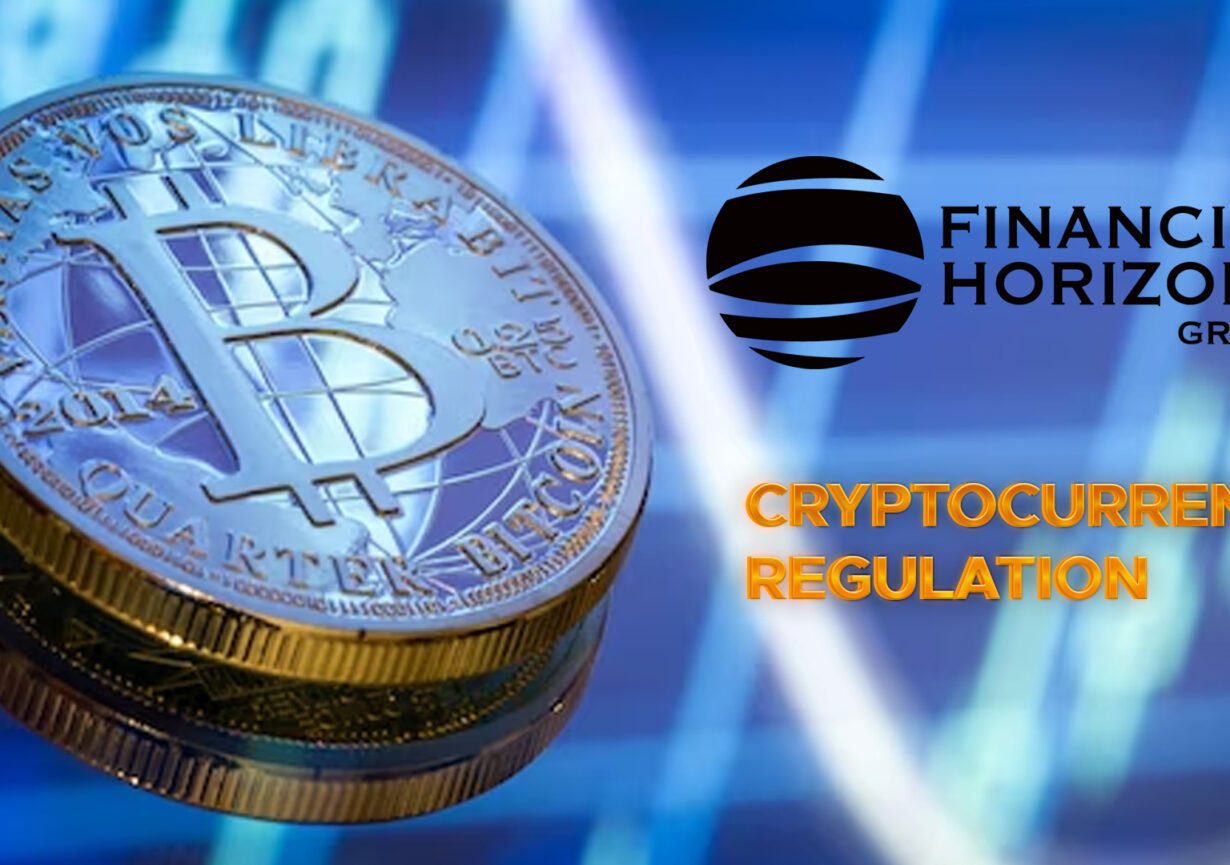- The regulatory landscape for cryptocurrencies is constantly evolving, varying across countries and jurisdictions.
- Governments worldwide are working to establish frameworks that manage digital assets while addressing concerns like security and financial stability.
- This global effort reflects the need for cohesive regulations to ensure the responsible and secure growth of the crypto industry.
Regulatory Approaches
Governments have taken diverse regulatory approaches toward cryptocurrencies.
- Governments in countries like Switzerland and Singapore, embrace innovation with favorable regulations and encourage crypto-related businesses to flourish.
- Governments in countries like the United States and Japan have implemented a mix of caution and openness to balance innovation and consumer protection.
- Meanwhile, countries like China and India have taken more cautious stances, emphasizing control due to concerns about financial stability and potential misuse.
These approaches showcase the complexity of crafting regulations that accommodate both innovation and risk mitigation.
Mitigation Risk And Investor Protection
- By setting clear guidelines for asset classification and trading practices, authorities help investors understand the risks associated with different digital assets. This helps with transparency and enhances market integrity.
- Establishing frameworks that ensure accurate information disclosure and fair trading practices is essential for building trust and attracting a broader range of investors to the crypto space.
Impact On Market
Cryptocurrency regulations significantly impact different market participants. Investors seek clarity to make informed decisions, while businesses require regulatory frameworks for legitimacy. Institutions often await regulated environments before fully participating. Compliance with regulations becomes crucial, affecting market behavior as participants adapt to legal requirements. Clear guidelines promote confidence, attracting more players, while unclear regulations might hinder growth and innovation in the crypto market.
AML And KYC Compliance
To help authorities track suspicious activities and maintain accountability, AML and KYC measures are integral to establishing a more legitimate and secure environment within the cryptocurrency industry.
- Anti-Money Laundering (AML) can be understood as a set of rules and actions to cease illicit activities and prevent illegal money from being used in the financial system.
- Know Your Customer (KYC) compliance is important because it focuses on understanding the customer’s background and verifying their identity, which in turn ensures transparency in transactions.
Exchange Regulation
Cryptocurrency exchanges are subject to regulatory oversight to ensure market integrity and protect users. Many jurisdictions impose licensing requirements that exchanges must meet, covering security measures, operational standards, and customer protection. These regulations aim to prevent fraud, hacking, and market manipulation. By enforcing such standards, authorities aim to create a safer and more reliable environment for users to trade digital assets while maintaining the overall credibility of the crypto market.
Token Offerings And ICOs
Regulations have significantly impacted initial coin offerings (ICOs) and token sales. With the shift towards security token offerings (STOs), regulators seek to provide clarity by categorizing tokens as securities.
This move aims to ensure compliance with existing securities laws and protect investors. Regulatory guidelines help distinguish between utility and security tokens, guiding token issuers on proper disclosure, registration, and investor protection, contributing to a more secure token issuance landscape.
Conclusion
- Cryptocurrency regulations have reshaped the financial landscape by providing structure to the dynamic world of digital assets.
- A collaborative approach is essential to crafting regulations that foster innovation while ensuring investor protection.
- Despite challenges posed by differing approaches and uncertainties, finding the right balance is paramount.
- Striking equilibrium will enable growth, safeguard the ecosystem, and maintain market integrity.


Leave a Reply